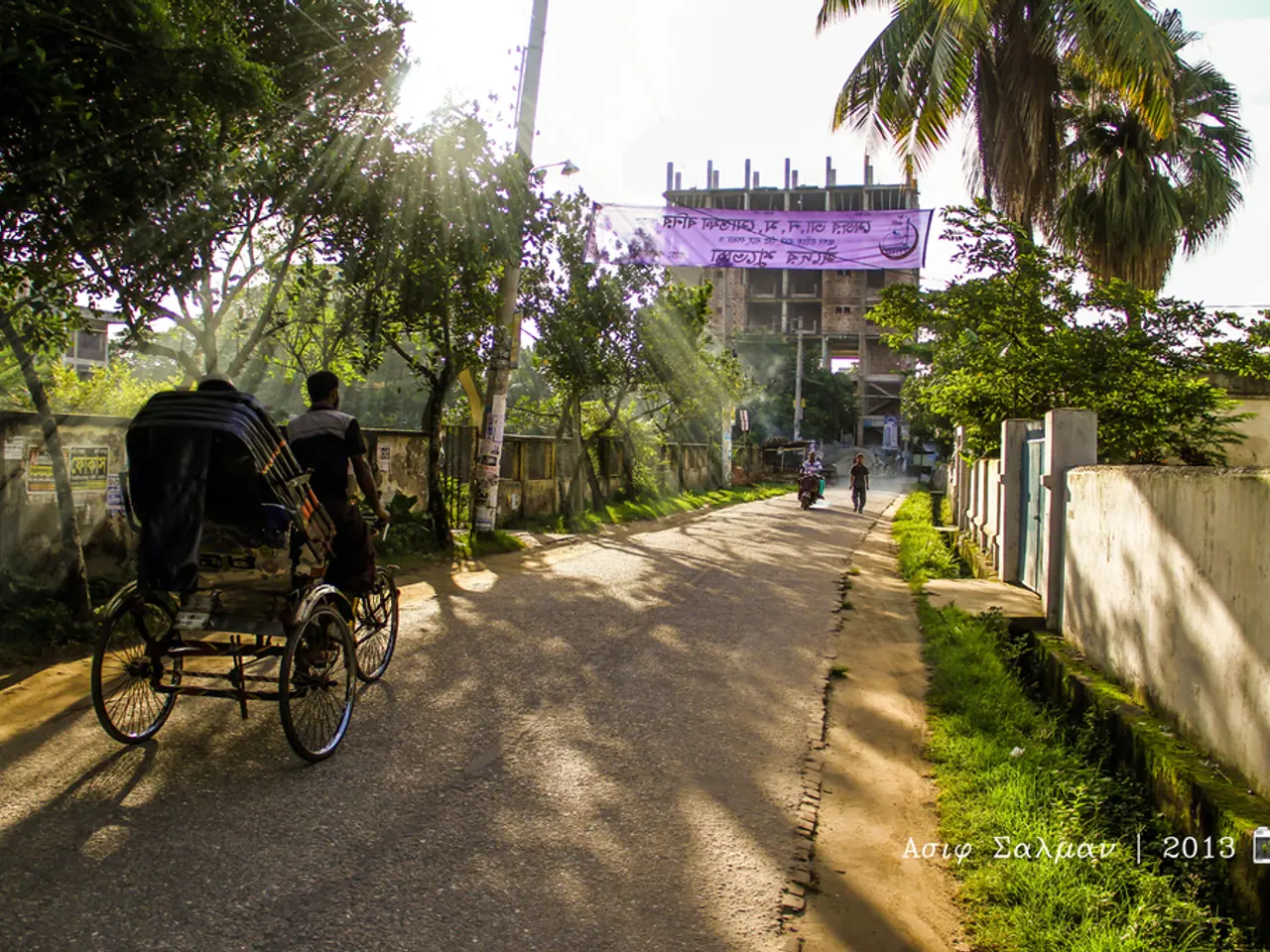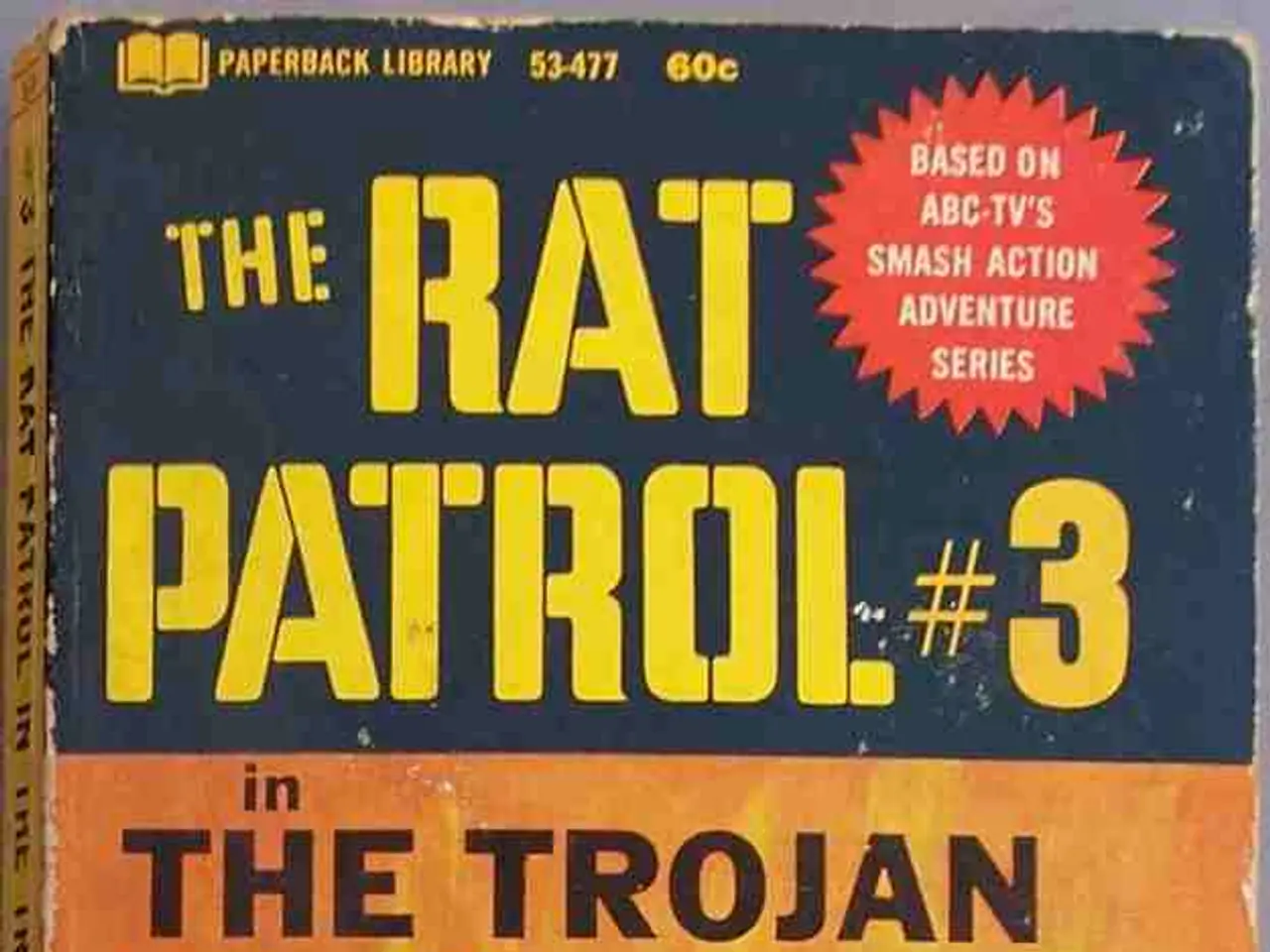Panchayat members facing threatened postings are not considered unlawful activities under the Unlawful Activities Prevention Act, as per the judgment of the Jammu and Kashmir High Court.
In a significant ruling, the Jammu & Kashmir and Ladakh High Court has set an important legal precedent by narrowly interpreting the scope of "unlawful activity" under the Unlawful Activities (Prevention) Act (UAPA). This decision comes after the Court upheld the acquittal of a man named Ghulam Mohammad Lone, who was previously charged under UAPA.
The case in question involved posters threatening Panchayat members to resign or face dire consequences. Ghulam Mohammad Lone was booked by the police in 2012 on the basis of the information that the posters had been pasted on behalf of the proscribed organization Hizbul Mujahideen.
However, the High Court ruled that affixing posters threatening Panchayat members to resign or face dire consequences does not constitute an "unlawful activity" under the UAPA. The Court clarified that the threatening words on the posters were intended to intimidate Panchayat members but did not amount to promoting secession, cession, or disruption of sovereignty or territorial integrity of India.
The Court also stated that such actions did not cause or intend disaffection against India, which is key to defining unlawful activities under UAPA. Given the accused had already endured a protracted trial period of over eight years, the Court found it inappropriate to remand the case for re-framing charges.
The ruling dismisses an appeal filed by the J&K Police against an acquittal order passed by an NIA Court in Anantnag last year. Advocates Zahid Hussain Dar and Zahid Afzal appeared for the accused, while Senior Additional Advocate General Mohsin Qadri represented the State.
This decision may influence future cases involving UAPA charges, particularly those hinging on the interpretation of "unlawful activities" and the threshold for intimidation or threats versus actual anti-national conduct. The judgment also highlights the judiciary’s caution against expanding UAPA’s scope to cover acts lacking a clear nexus to anti-national activities, thus balancing national security concerns with protection against arbitrary application of stringent laws.
Interestingly, a Forensic Science Laboratory (FSL) expert had opined that Lone's handwriting was similar to that on the posters. However, the High Court found that key witnesses had not supported the prosecution case and were declared hostile. Nothing incriminating was elicited from them during cross-examination, according to the High Court. The ingredients of Section 13 of the Unlawful Activities (Prevention) Act (UAPA) were not made out.
In 2024, the trial court ruled that the prosecution had miserably failed to connect the accused with the alleged offence. The Court opined that it would have been more appropriate to charge the accused under provisions of the Ranbir Penal Code, the criminal code that was in force in J&K in 2012.
This ruling serves as a reminder of the importance of ensuring that the application of stringent laws like UAPA is balanced and proportionate, and that the rights of the accused are protected throughout the legal process.
- This decision in the case involving Ghulam Mohammad Lone's acquittal, where he was accused of affixing threatening posters, could significantly impact future UAPA cases, especially those focusing on the interpretation of 'unlawful activities' and the distinction between intimidation and anti-national conduct.
- The Jammu & Kashmir and Ladakh High Court's ruling, which dismissed the J&K Police's appeal against an acquittal order, emphasizes the need for a balanced and proportionate application of stringent laws like UAPA, while also protecting the rights of the accused throughout the legal process.








